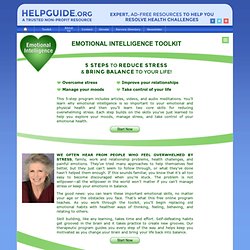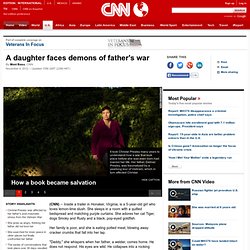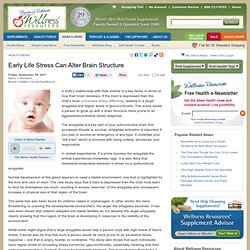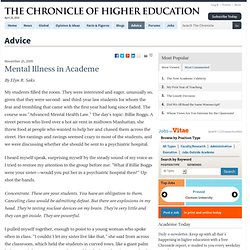

Help for Post Traumatic Stress (PTSD) and dissociation. Emotional Skills Toolkit: Bring Your Life Into Balance. We often hear from people who feel overwhelmed by stress, family, work and relationship problems, health challenges, and painful emotions.

They’ve tried many approaches to help themselves feel better, but they just can’t seem to follow through, or what they’ve done hasn't helped them enough. If this sounds familiar, you know that it’s all too easy to become discouraged when you’re stuck. The problem is not willpower—all the willpower in the world won’t matter if you can’t manage stress or keep your emotions in balance. The good news: you can learn these important emotional skills, no matter your age or the obstacles you face. That’s what this free online program teaches. Skill building, like any learning, takes time and effort. Self-Help and Coping. Are You Really As Far Along As You Think You Are? New drug may help combat PTSD by overriding painful memories.
Bipolar II a.k.a Anxious Depression. Hypervigilance. A daughter faces demons of father's war. It took Christal Presley many years to understand how a war that took place before she was even born had marred her life.

Her father, Delmer Presley, was traumatized by a yearlong tour of Vietnam, which in turn affected Christal. After a series of difficult conversations with her father, Christal journeyed to Vietnam to see the place where he had fought. She brought home a piece of asphalt from the landing zone used by Delmer's Army unit. Christal's conversations with Delmer resulted in "Thirty Days With My Father," a gritty book that tells the story of a woman troubled by her father's wartime trauma. Christal knows that music saved her father's life. Christal settled into a new life in Atlanta, but she kept searching for inner peace.
How a book became salvation (CNN) -- Inside a trailer in Honaker, Virginia, is a 5-year-old girl who loves lemon-lime slush. Her family is poor, and she is eating potted meat, blowing away cracker crumbs that fall into her lap. Early Life Stress Can Alter Brain Structure. Friday, September 09, 2011 By: Byron J.

Richards, Board Certified Clinical Nutritionist A child’s relationship with their mother is a key factor in terms of how their brain develops. If the mom is depressed then the child’s brain processes stress differently, leading to a larger amygdala and higher levels of glucocorticoids. This would cause a person to grow up with a brain structure more prone to an aggressive/combative stress response. The amygdala is a key part of your subconscious brain that processes threats to survival. In animal experiments, if a probe touches the amygdala the animal experiences immediate rage. Normal development of this gland appears to need a stable environment, one that is highlighted by the love and care of mom. The same has also been found for children raised in orphanages.
Elyn Saks: A tale of mental illness. Mental Illness in Academe - Advice. By Elyn R.

Saks My students filled the room. They were interested and eager, unusually so, given that they were second- and third-year law students for whom the fear and trembling that came with the first year had long since faded. The course was "Advanced Mental Health Law. " The day's topic: Billie Boggs. I heard myself speak, surprising myself by the steady sound of my voice as I tried to restore my attention to the group before me: "What if Billie Boggs were your sister—would you put her in a psychiatric hospital then? " Concentrate. I pulled myself together, enough to point to a young woman who spoke often in class. Is she trying to kill me? I knew not to say those thoughts out loud. But I'm not crazy.
"Good," I replied. My brain is on fire! "But isn't health always preferred to illness? " Mercifully, the class ended. That was in September of 1991, and it was one of my worst such incidents. That has not turned out to be my life. My schizophrenia has not gone away. Coping with PTSD - you and your loved ones.